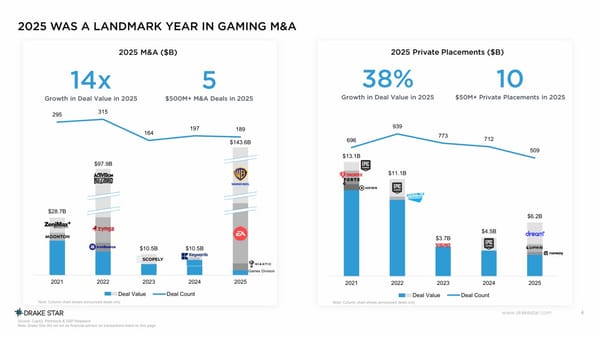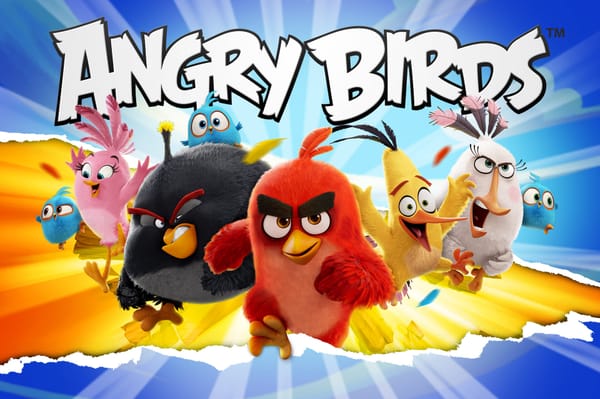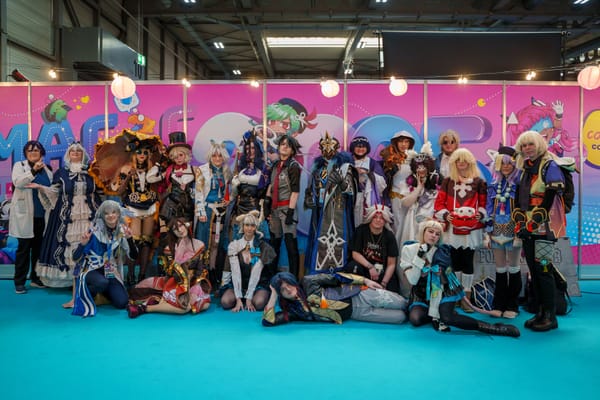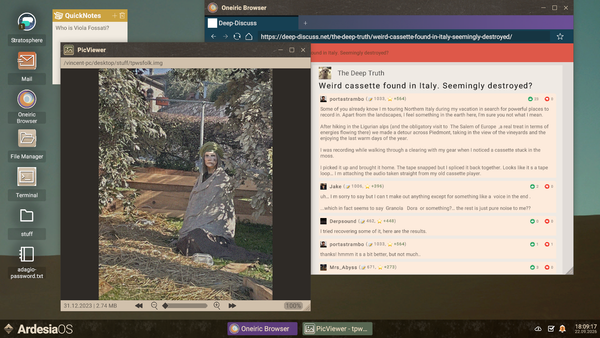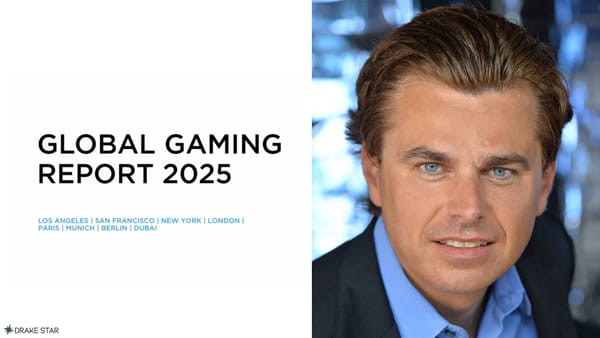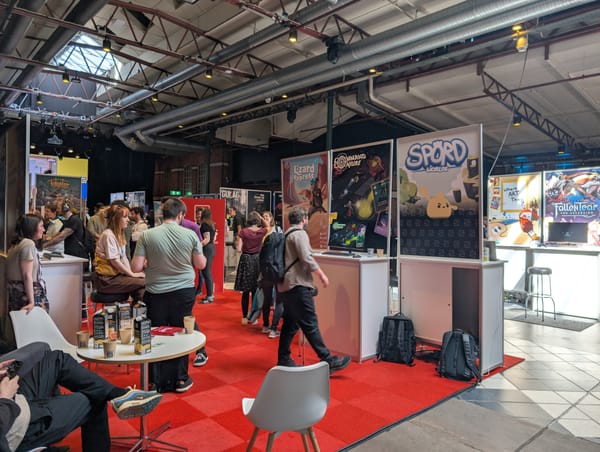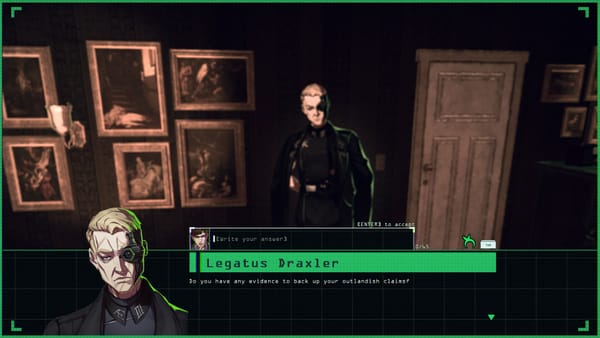game BW Interview: The “Hidden Champion” Among the German States
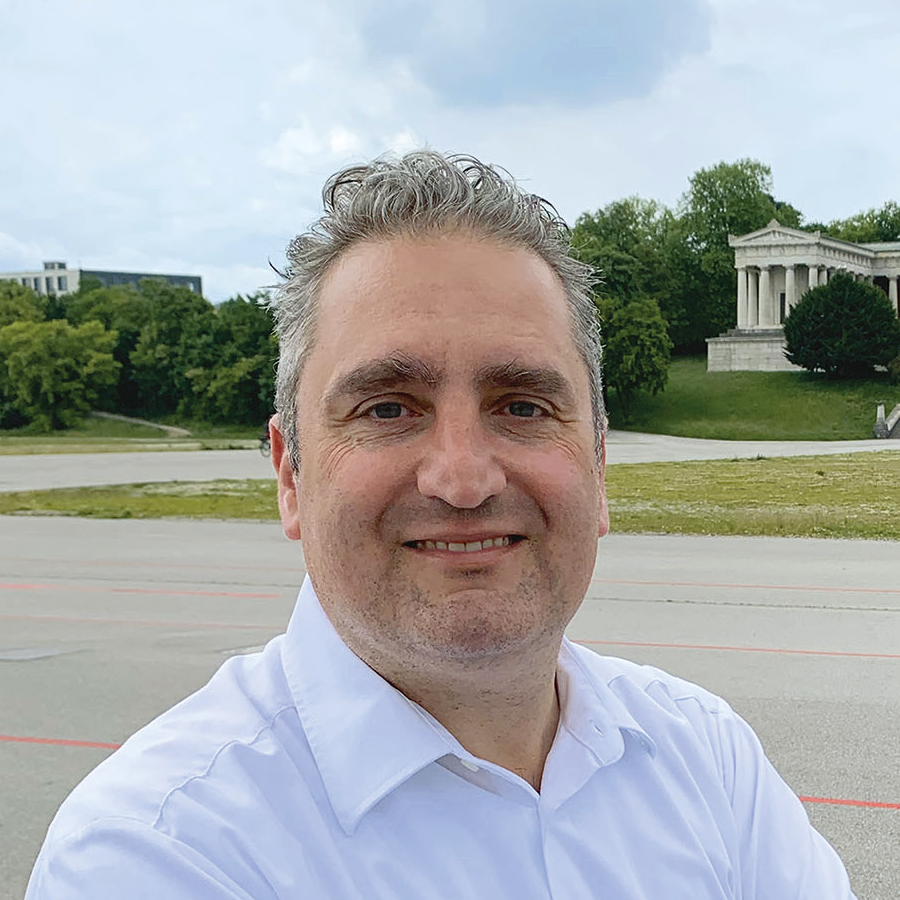


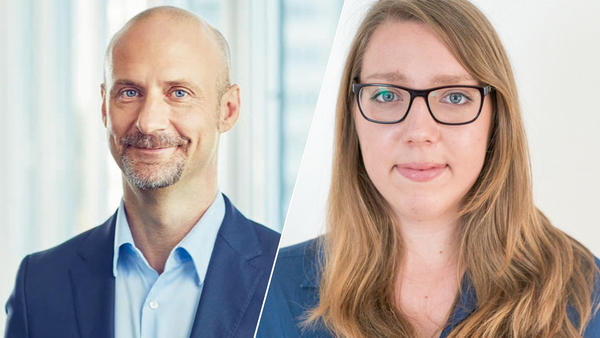
Baden-Württemberg was one of the first states with a regional representation of game. Laura Körting and Tomas Burck explain what has already been achieved and how Baden-Württemberg could become even better as a good games location.
GamesMarkt: You recently took over the regional representation of game in Baden-Württemberg from Kathrin Radtke. For those who might not know you, who is Laura Körting, how did you get into games business and why did you decide to start Lab123?
Laura Körting: I live and work with my small family in beautiful Heidelberg, and have been working in the German games industry since 2017. Like so many people, I first came into contact with games as a child and teenager. While studying computer science, I realised that it could be fun to develop games myself — so during my master‘s degree, I founded LAB132 with three colleagues I knew from projects at university. In addition to developing our own titles for PC and consoles, we have grown our team to 11 people over the past few years and have also worked on numerous games from other studios and publishers, including commissioned work, co-developments and ports. I am looking forward to representing the games association and the industry in Baden-Württemberg together with Tom!
How did you come to take over the regional representation of game in Baden-Württemberg and what appeals to you about the role?
Laura Körting: LAB132 became a member of game — The German Games Industry Association in 2019 and with time and experience, my interest in the association‘s work and my involvement in working groups and workshops, for example, increased. It‘s incredibly easy to exchange ideas in game and try to help drive and shape important topics. At the last members’ meeting in Berlin, there were talks about Kathrin‘s successor as regional representative — I didn‘t have to think about it for long, I‘m really looking forward to this new role. Being part of the regional representation gives me the opportunity to contribute my previous experience in areas such as founding, funding, securing skilled labour or managing interdisciplinary teams, and in particular to hear and represent the voices and wishes of smaller studios, which may be concerned with completely different issues than larger companies.
Baden-Württemberg was the second federal state in which a regional representation of game was formed in 2018. Why was there an urge to organise not only at national but also at state level?
Tom Burck: The past few years have clearly shown that important decisions for games policy are not only made at federal level, but also at state level. And there are huge differences between the federal states, as our game industry barometer shows time and again. This is why it is so important that the games industry is also active in the federal states and campaigns for better framework conditions — with great success. In recent years, there has been significant progress in the majority of German federal states — sometimes existing funding programmes have been expanded, sometimes even completely new ones have been launched. Overall, there are many opportunities for the federal states to increase their attractiveness as a games location and thus position themselves wisely for our industry of the future. With our work as regional representatives, we want to provide politicians with information on how the attractiveness of the location can be increased.
What tasks and role does the regional representation of the game fulfil in general and specifically for you in Baden-Württemberg?
Tom Burck: The regional representatives are like the game‘s bridgeheads in the individual federal states. It‘s the same here in Baden-Württemberg. Together with the game team, the companies from the respective state develop clear demands for the politicians on what needs to be improved in the respective location. These demands are clearly addressed to the state politicians. The regional representatives play an important role in this process. They are the central local contacts. What‘s more, they are always people from the games companies in the region, which gives an additional emphasis.
What key issues has the regional representation discussed and developed with the industry and politicians in recent years?
Tom Burck: The games industry in the “Ländle” has received good support from politicians. The cooperation with MFG Baden-Württemberg has played an important role in the further development of the industry. Our proposals have been taken up and implemented in concrete programmes, measures and events: MFG has continuously increased the financial support for games, albeit in small steps. Only at the beginning of the year did the Ministry of Economy, Labour and Tourism join the Ministry of Science, Research and the Arts in providing additional funding for games. The “Developer Boost” coaching programme for game studio founders was launched in 2021 and has since been successfully implemented several times. Several game studios that have taken part in the programme have won awards at the German Computer Game Awards and successfully published games. The “Open Stages Games BW” bring the industry together to exchange ideas, and the annual “Gamestate Festival” showcases the industry as a whole. In addition, GamesHubs have been set up in Heidelberg and Ludwigsburg. The presence at gamescom is visible from afar and is a popular meeting point at the world‘s largest games event!
To outsiders, it seems as if politicians in Baden-Württemberg are very open to gaming. Is this correct? What are your experiences? What is already going very well in Baden-Württemberg, where would you like to see more support, including from politicians?
Tom Burck: Baden-Württemberg is something of a “hidden champion” among the German states. Other locations may be more in the limelight. But here in Baden-Württemberg we have been working continuously on the framework conditions for games companies over the last few years. The results can be seen in the games industry barometer: In the last survey, we landed in fourth place behind North Rhine-Westphalia, Berlin, Hamburg and Bavaria. That‘s a great development. But the work is not yet done: in our opinion, it should be the goal of an economically strong state like Baden-Württemberg to move up into the top three. So, despite the strong development, there is still room for improvement, which we should definitely make use of. However, given the positive cooperation we have had with the state government, we are confident that we will be able to continue to improve the conditions for games companies in Baden-Württemberg in the future. One example of this is the MFG‘s games funding programme, where processing times are currently still too slow. Some projects have taken several months from application to approval and payment. In a global, highly competitive and time-sensitive market, this is a major obstacle to competitiveness. The submission deadlines should be increased from two to at least four, and the previously possible submission of small projects up to 20,000 euros should be reinstated. In addition, the MFG‘s dedicated games team should be strengthened.
Even a good ecosystem can always be improved: What tasks and goals has game Baden-Württemberg set itself for the coming years?
Laura Körting: From our point of view, there are currently four areas in particular that still need to be worked on: The regional games funding was only reorganised in 2020 and the funding has been continuously increased to its current level of 1.2 million euros. However, compared to other locations such as North Rhine-Westphalia, Berlin or Bavaria, the funding budget is still comparatively low — especially in light of the strong growth in the number of games companies in recent years. There is also room for improvement in terms of content: in our opinion, the age restriction for funded games should be removed. Games are a cultural medium and should be treated as such. Restricting funding to games for children and young people does not therefore seem appropriate. The second important issue concerns better networking. Specifically, we call for more funds to be made available to the “Games BW” network in order to sustainably strengthen events and platforms for networking and internationalisation. The “Open Stage Games BW” events bring the industry together, and the establishment of the “Gamestate Festival” was also a big step towards increasing the visibility of the industry in Baden-Württemberg. In the near future, the attractiveness of the Gamestate Festival is to be increased on a national level. Founders also need favourable conditions for their first entrepreneurial steps. Hubs play an important role here. The expansion of such gaming hubs to other cities in addition to Ludwigsburg and Heidelberg is therefore currently our third important demand. Our fourth demand concerns the training of professionals: we believe it is essential to create a closer exchange between companies and educational institutions. Specific training programmes for the games industry must be expanded and the profile of educational institutions such as the Media University and other games institutes in the country must be raised.
